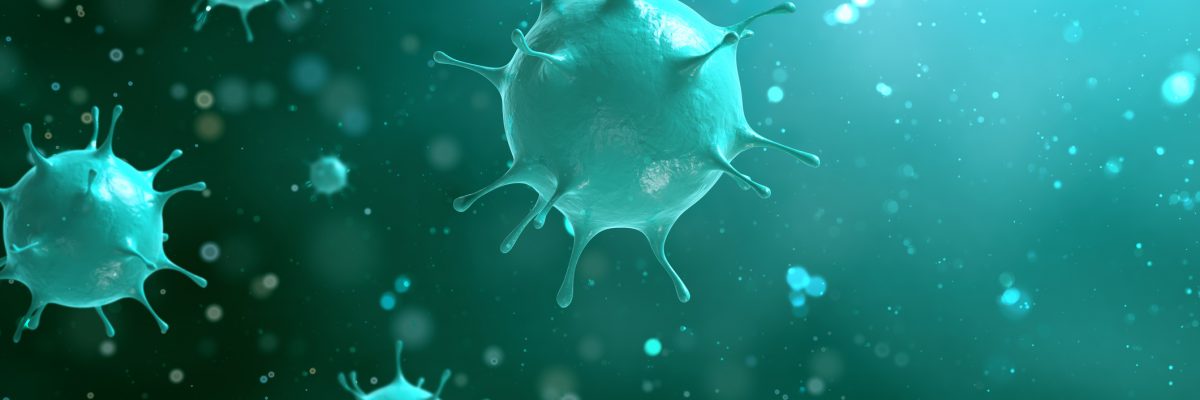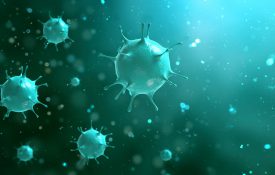-
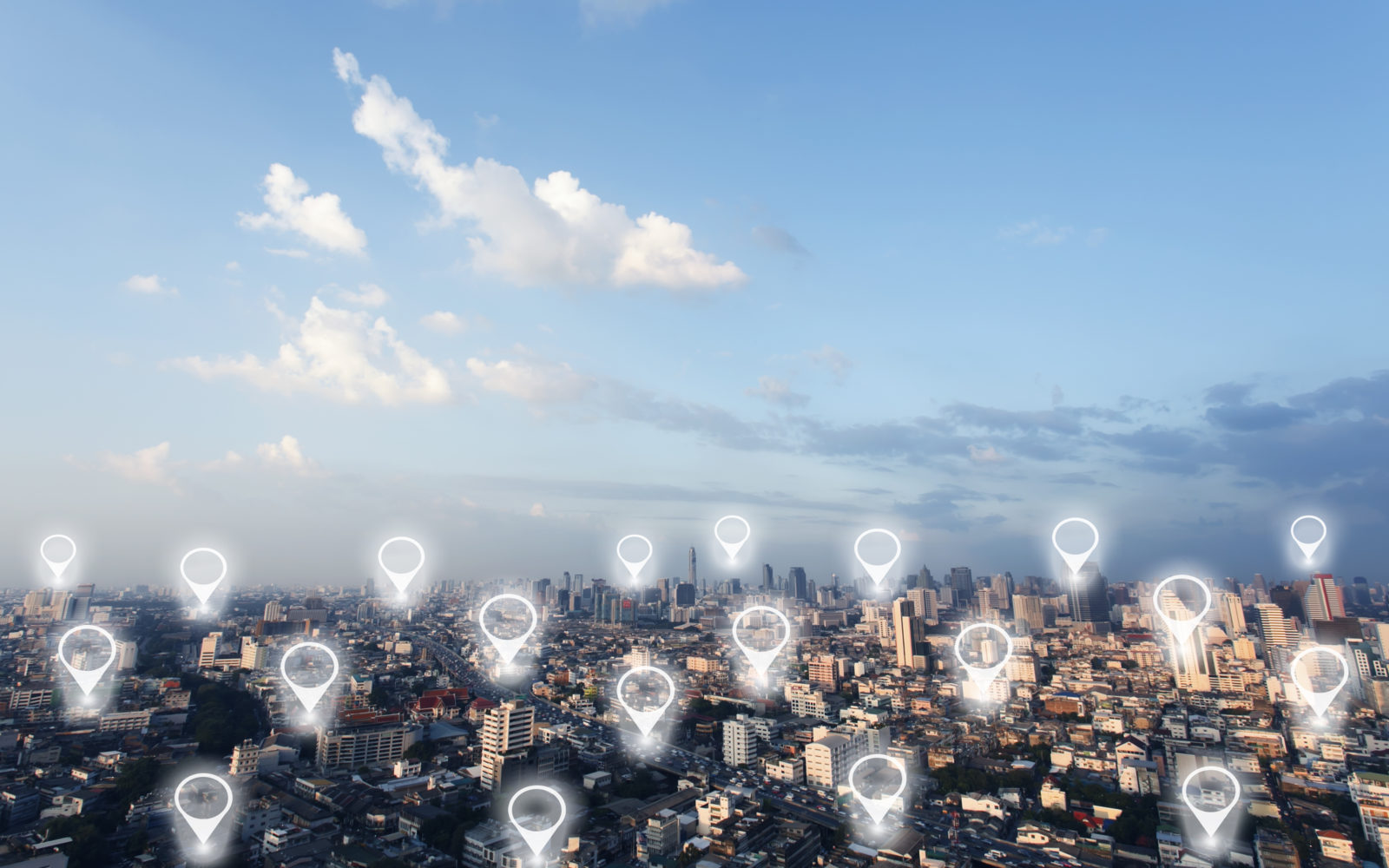
Science in Service: Leveraging Psychological Science to Put the “Public” in Public Health
Psychological scientist Diane M. Hall explains how her training informs her work at the U.S. Centers for Disease Control and Prevention and public health more broadly.
-
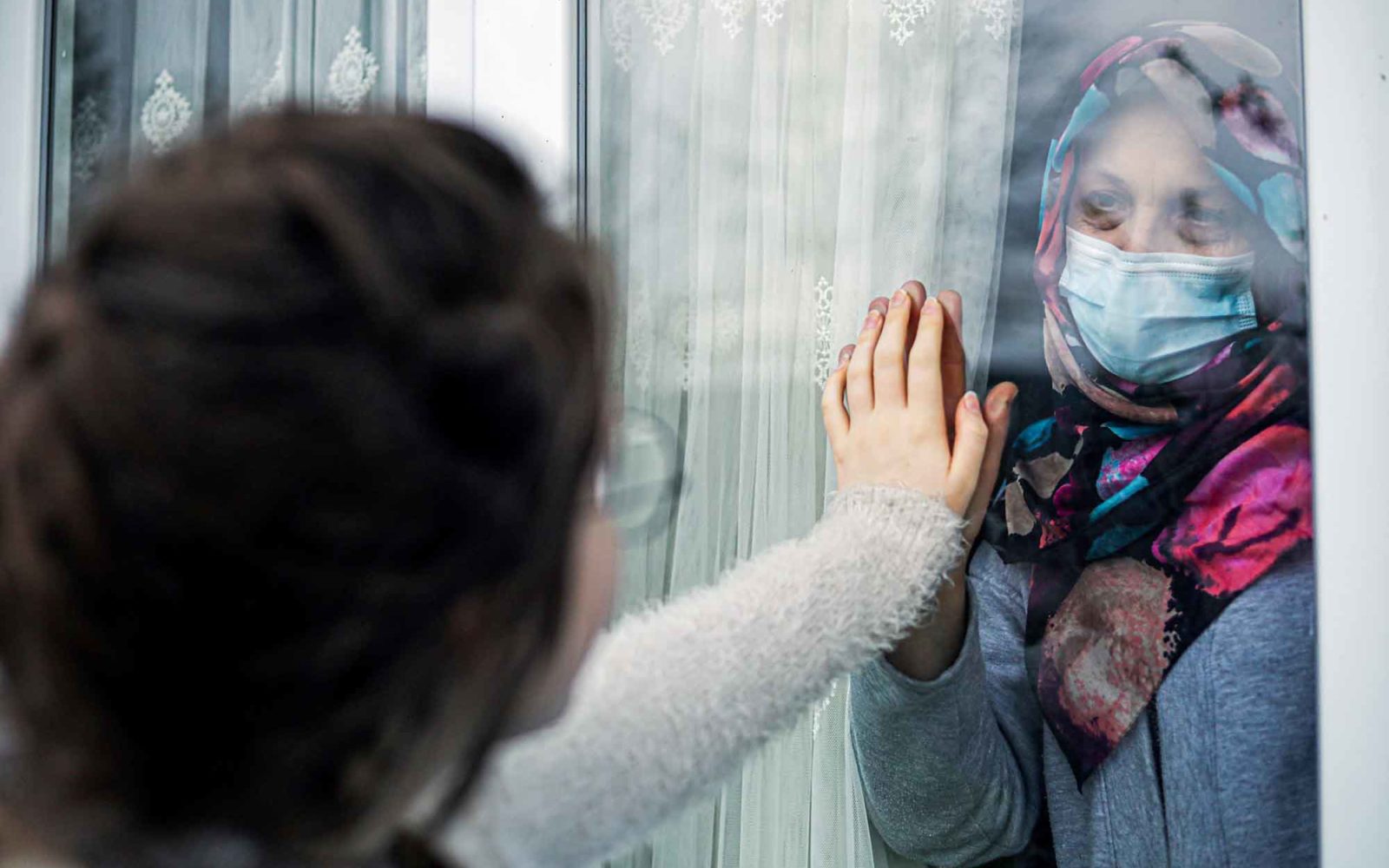
Special Issue of Clinical Psychological Science Examines the Effects of COVID-19 on Mental Health
Eight articles focus on different aspects of mental health in the context of the global pandemic.
-
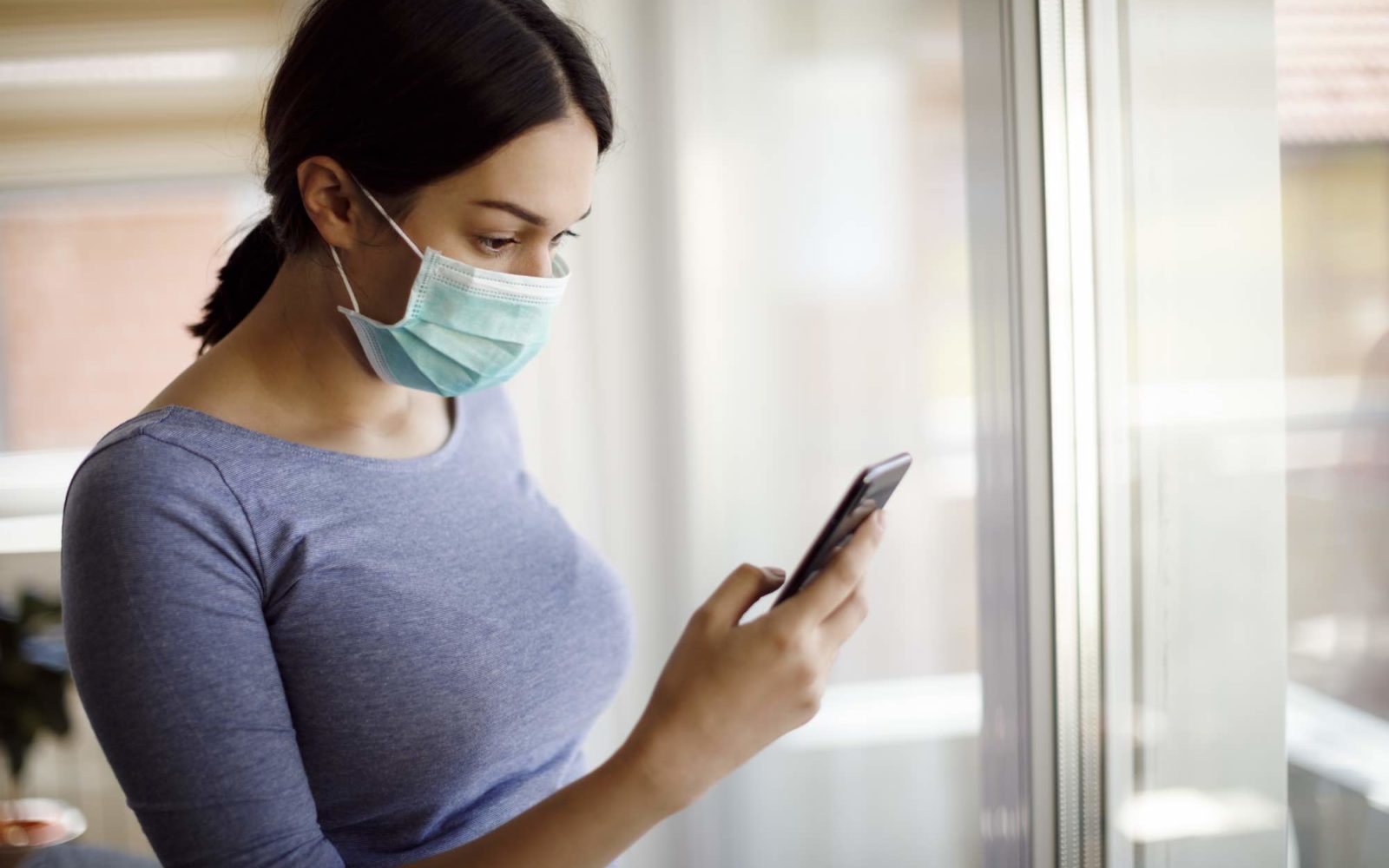
Memory Makes It Hard to Fight Pandemics. But We Can Always Strive to Remember Lessons Learned
A multidisciplinary panel explored how psychological science might contribute to understanding digital contact tracing, maximizing its capabilities in the future and otherwise improving preparedness for future pandemics.
-
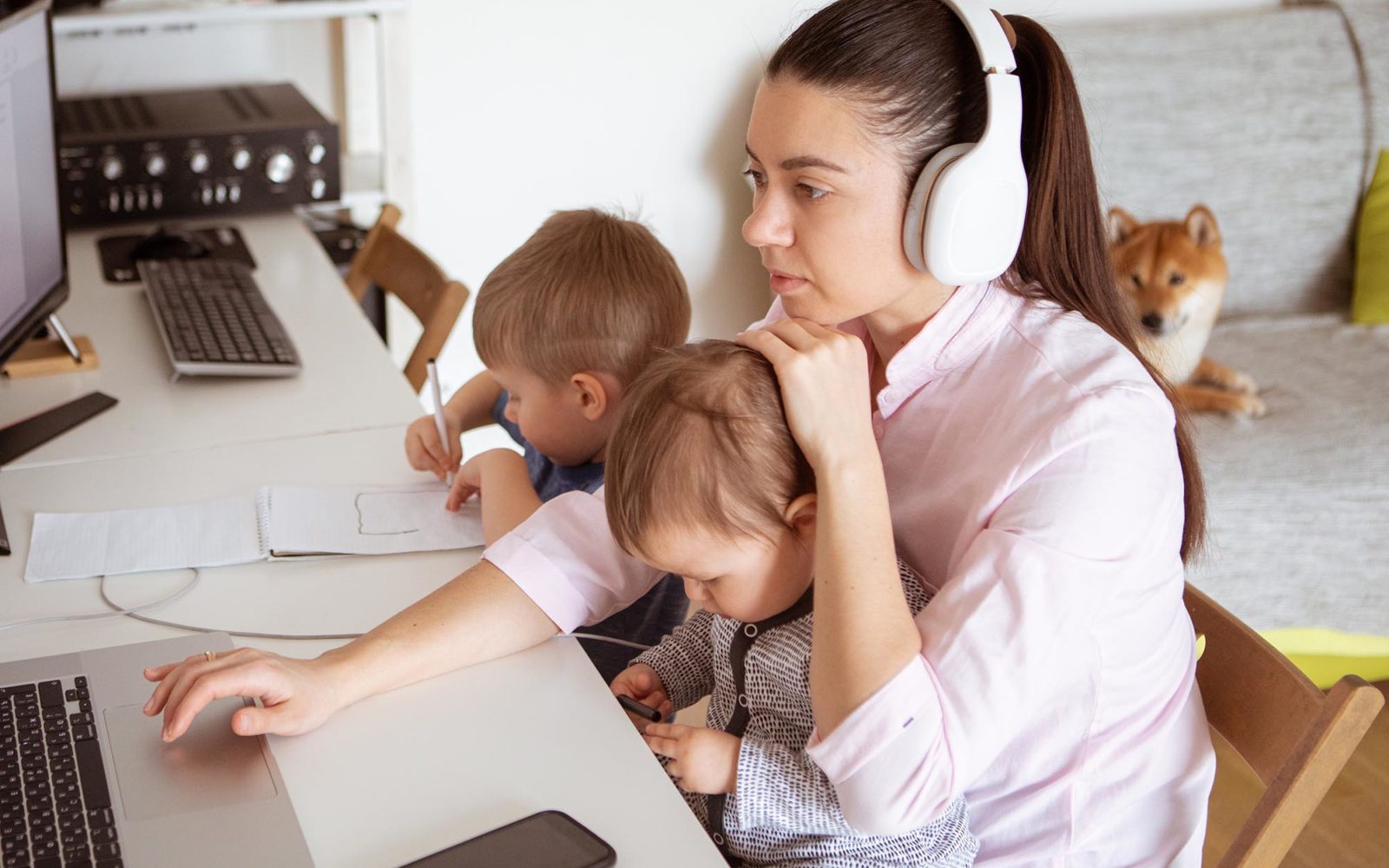
How Work Is Evolving Under the Pressure of COVID-19
An interdisciplinary program of speakers shared research on the COVID-19 pandemic from a variety of perspectives, including big-data analyses, research methodologies, individual differences, and group inequities related to jobs, well-being, and social status.
-
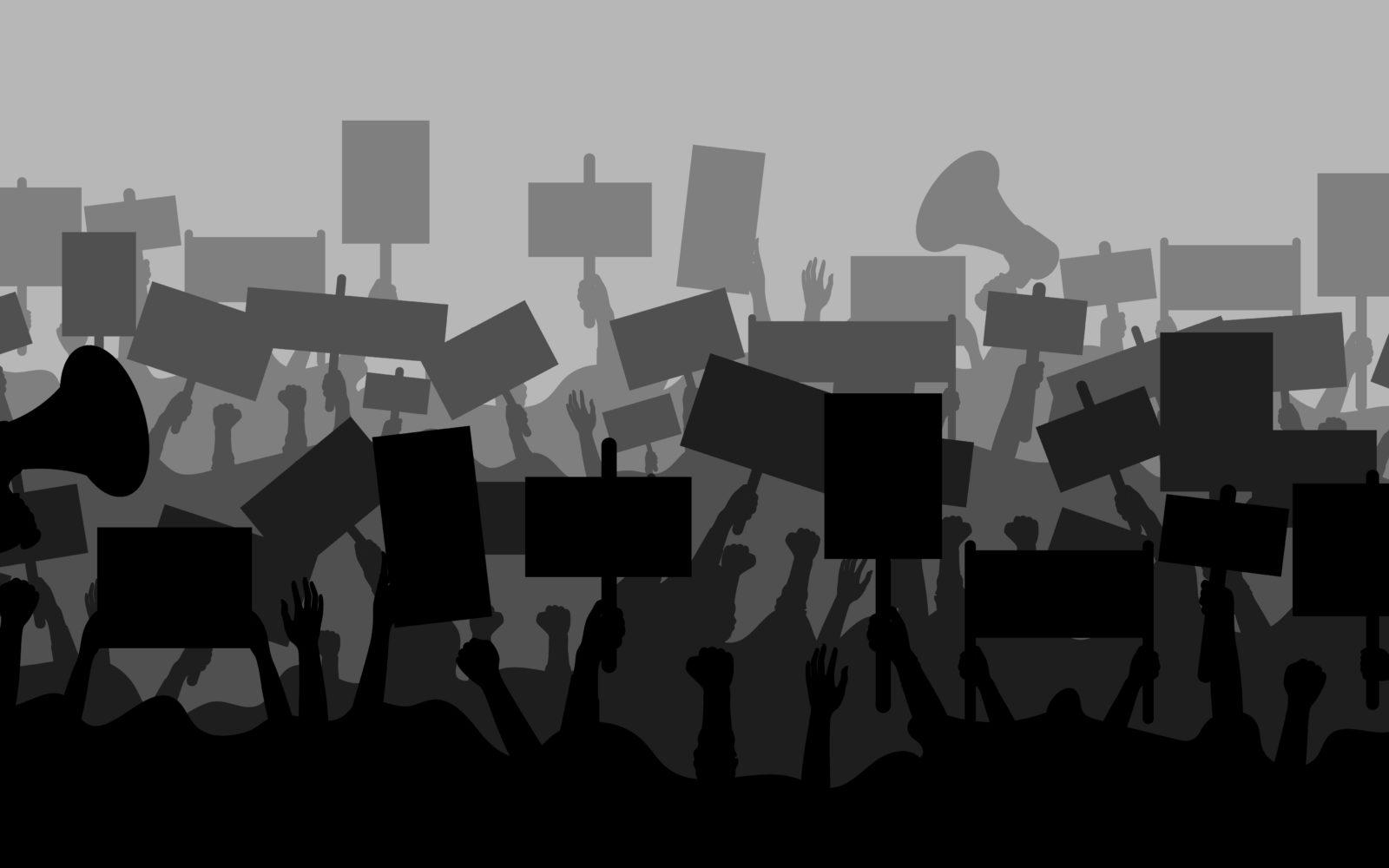
Freedom Versus Security: Can We Find the Right Balance?
A paper published in Perspectives on Psychological Science suggests that restricting freedoms may have unintended negative consequences for behavior and health, but psychological science may help strike a balance.
-
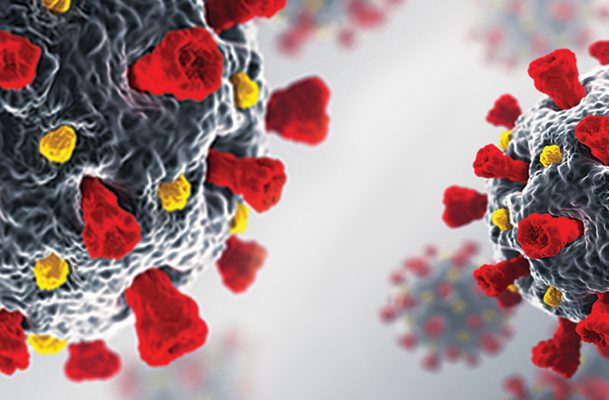
Psychology Meets Biology in COVID-19: Past, Present, and the Road to Recovery
Psychological scientists have long known that psychological and social factors can affect our responses to viral infections and vaccinations, but that critical connection seems to have eluded many of the public health officials and others charged with leading the global response to the COVID-19 pandemic in its early days.
-
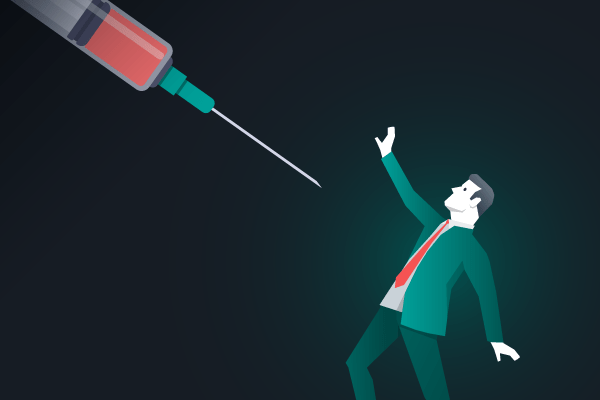
Why Some People Won’t Get Vaccinated
Is there anything we can do to change the minds of people to follow medical advice and get vaccinated? To help us unravel these vexing questions, Under the Cortex welcomes author and psychologist Dr. Stuart Vyse.
-
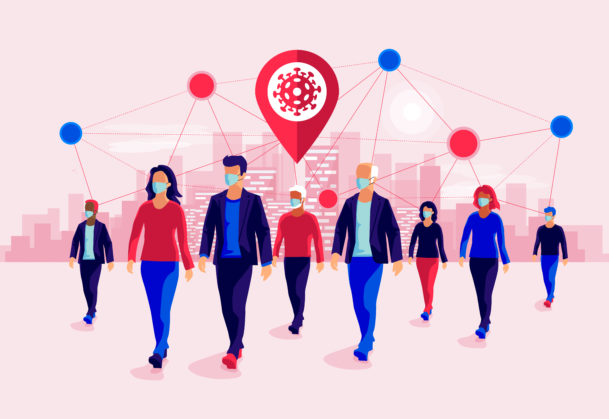
Strengthening Contact Tracing Through Psychological Science
One way to improve the effectiveness of contact tracing is to treat infected people like important witnesses to the spread of a virus and use an approach informed by research on memory and witness interviewing.
-
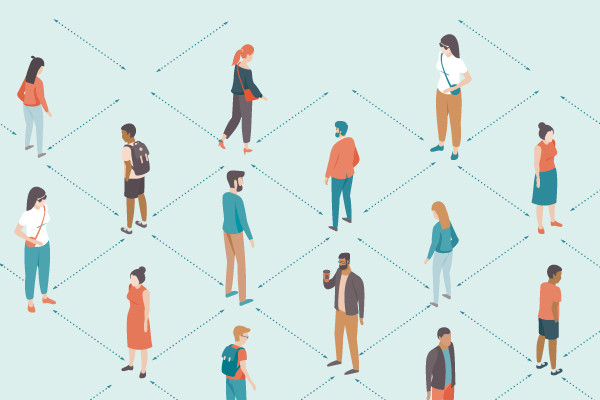
Friendly and Open Societies Supercharged the Early Spread of COVID-19
The case to “flatten the curve” is bolstered by new data showing a connection between social openness and the initial rapid spread of COVID-19.
-
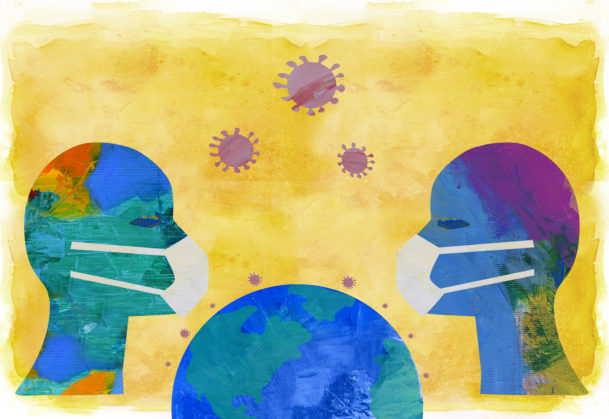
Mapping the Moods of COVID-19: Global Study Uses Data Visualization to Track Psychological Responses, Identify Targets for Intervention
More than 60,000 participants have participated in a global study to investigate the psychological implications of the COVID-19 pandemic.
-
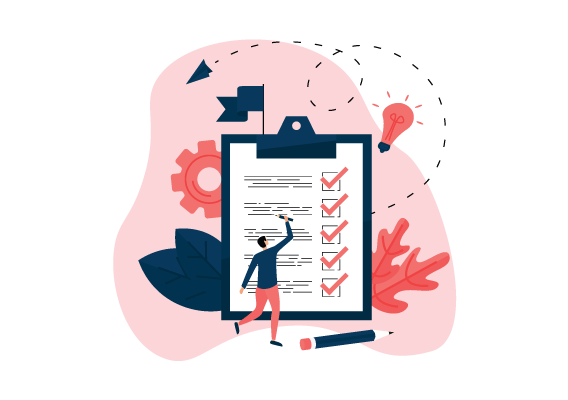
Now Is Not the Time for Precrastination
Psychological science reminds us that the preference to get things done ASAP can have far-reaching consequences. APS Fellow David A. Rosenbaum explores in the context of COVID-19.
-
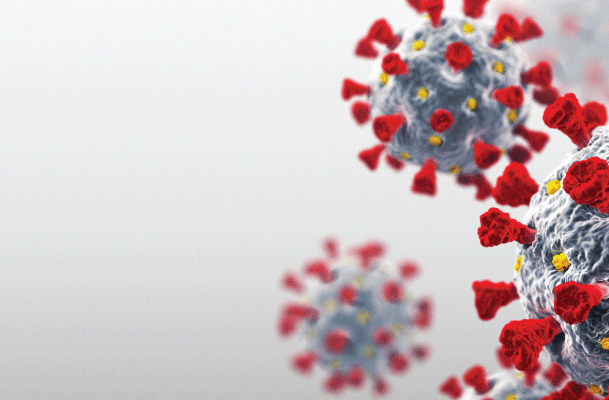
Human Behavior in the Time of COVID-19: Learning from Psychological Science
Highlights of APS’s recent outreach efforts to broadly share what psychological science says about epidemics and how human behavior might mitigate the spread of COVID-19.
-
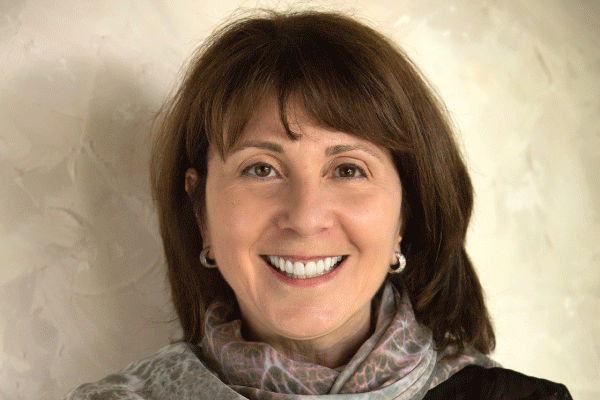
Mind, Body, Illness: Amidst Pandemic, Opportunities for Discovery
In her final column as APS President, Lisa Feldman Barrett points to a key area of scientific research that could benefit physicians, epidemiologists, and virologists on the front lines of the COVID-19 pandemic.
-
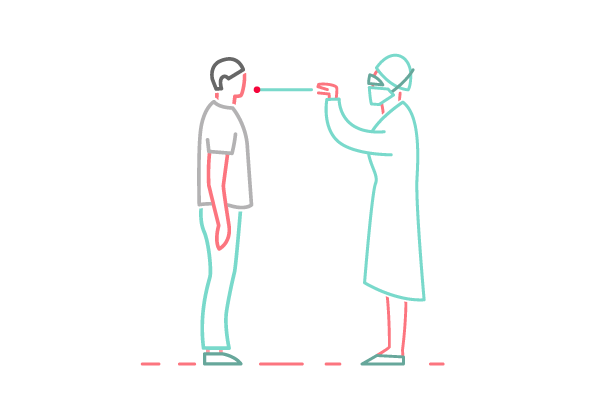
Saliva as a Biospecimen in the Era of COVID-19
Psychological scientists will need to adopt new practices and protocols to continue conducting saliva-based research safely.
-
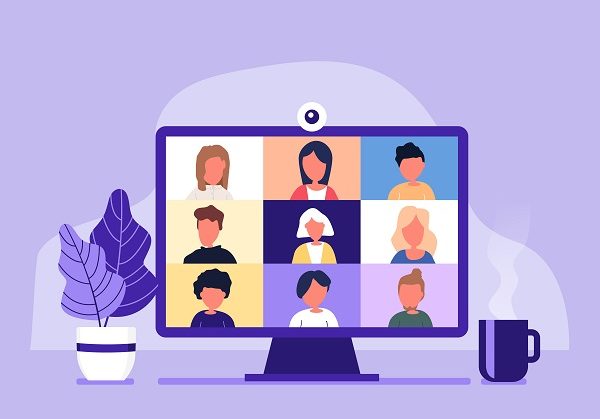
APS Backgrounder Series: Psychological Science and COVID-19: Working Remotely
Expert commentary from Tammy Allen, who specializes in work-family issues, career development, and occupational health. [April 13, 2020]
-
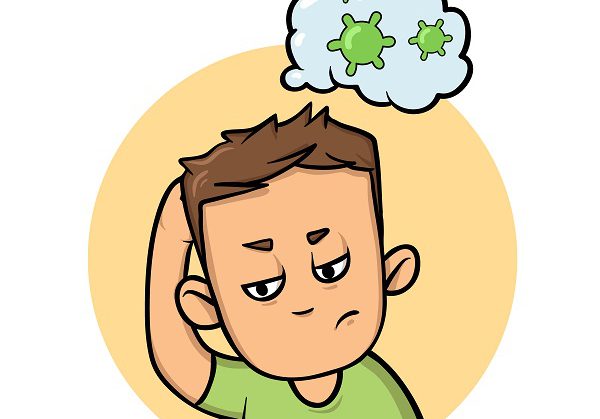
APS Backgrounder Series: Psychological Science and COVID-19: Social Impact on Children
Expert commentary from Vanessa LoBue on emotional development and the effect of emotion and experience on perception and learning. [April 1, 2020]
-
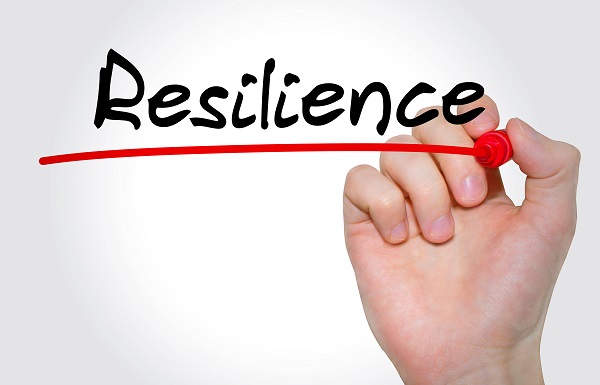
APS Backgrounder Series: Psychological Science and COVID-19: Remaining Resilient During a Pandemic
Expert commentary from APS Fellow George A. Bonanno, on the topic of resilience at a time of loss and trauma. [March 31, 2020]
-
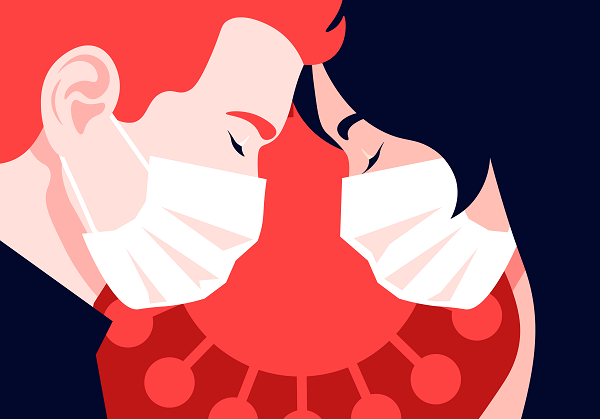
APS Backgrounder Series: Psychological Science and COVID-19: Pandemic Effects on Marriage and Relationships
Expert commentary from Paula Pietromonaco on close relationships during pandemics. [April 24, 2020]
-
Stop Touching My Face! Why the Easiest Way to Prevent Coronavirus Is So Hard
Partway through a conversation about simple solutions to prevent the spread of the coronavirus, a certain reporter caught himself, his hand flitting across his face with absent-minded determination. A rub to the eye and a
-
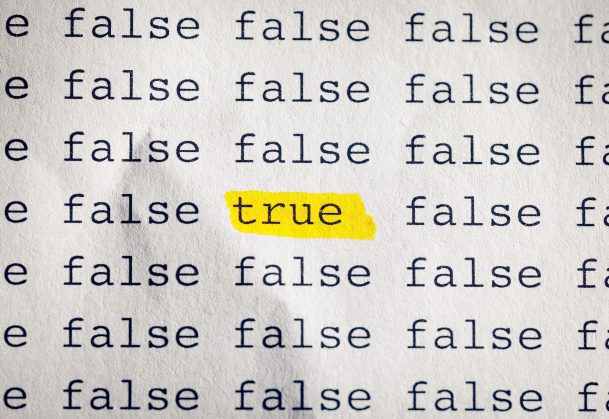
Misinformation: Psychological Science Shows Why It Sticks and How to Fix It
Childhood vaccines do not cause autism. Global warming is confirmed by science. And yet, many people believe claims to the contrary. Why does misinformation stick?
-
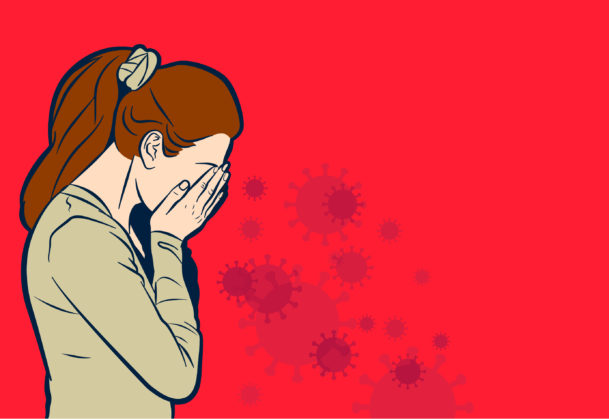
Contracting COVID-19: Lifestyle and Social Connections May Play a Role
New research proposes lifestyle, social, and psychological factors may increase the risk of contracting COVID-19. [July 9, 2020]
-
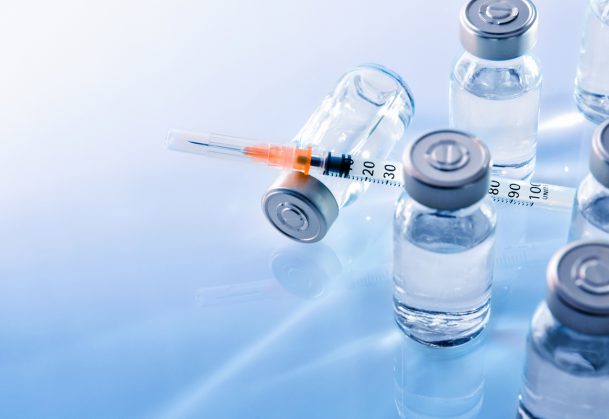
Behavioral Strategies More Effective Than Persuasion in Promoting Vaccination
A report in Psychological Science in the Public Interest identifies the most effective ways to increase vaccination rates.
-

APS COVID-19 Collaboration Offers Recommendations to White House on Community Mental Health
Experts from the APS Global Collaboration on COVID-19 have responded to a call for input on digital health from the White House.
-
How Fear Distorts Our Thinking About the Coronavirus
When it comes to making decisions that involve risks, we humans can be irrational in quite systematic ways — a fact that the psychologists Amos Tversky and Daniel Kahneman famously demonstrated with the help of
-
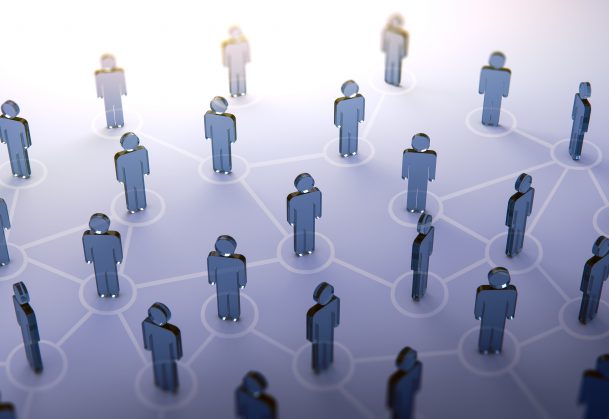
Information Is Contagious Among Social Connections
Advanced computer modeling shows that the memory of one individual can indirectly influence that of another via shared social connections in large groups.
-

Inability to Feel Pleasure Could Influence Opioid Addiction Treatment, Scientists Say
A team of clinical scientists is examining a possible psychological symptom that may heighten craving and risk of replace for people recovering from opioid dependence.dependence.
-
Ebola Scare Could Heighten Fears About Other Illnesses, Research Suggests
Americans are now fretting over an illness that they have almost no chance of contracting. Schools have closed, businesses have temporarily shut down, and people who have traveled to West Africa are being shunned —
-
How Collectivism Protects Against Contagious Fear
An outbreak of Ebola in the Republic of Guinea, Liberia, and Sierra Leone that began in 2014 made headlines around the world, as the number of individuals affected continued to climb. Ebola is a viral
-
Sneezes Provoke Fears Beyond Illness
Scientific American: With H1N1 on the rise and flu shots hard to find, few things are as terrifying as [sneeze sound]. But now a report in the journal Psychological Science suggests that coughing and sneezing
-
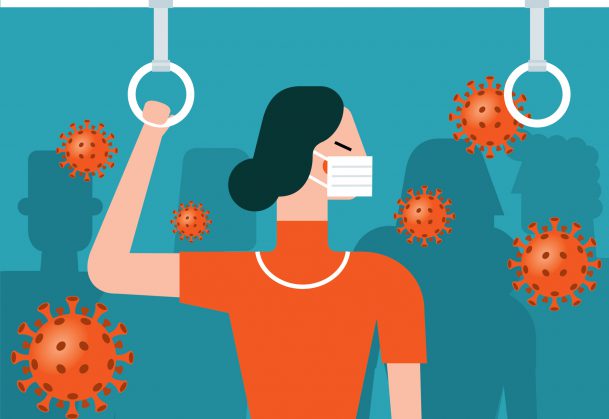
Sneezing in Times of a Flu Pandemic: Exposure to Public Sneezing Increases Fears of Unrelated Risks
The swine flu (H1N1) pandemic has received extensive media coverage this year. The World Health Organization, in addition to providing frequent updates about cases of infection and death tolls, recommends hyper vigilance in daily hygiene
-
The Psychology of Coronavirus Fear—and How to Manage It
Let’s start with the obvious: Covid-19, the disease caused by a new strain of coronavirus, is scary. It’s spreading fast, there is currently no vaccine or preventative treatment for it, and we don’t know how
-
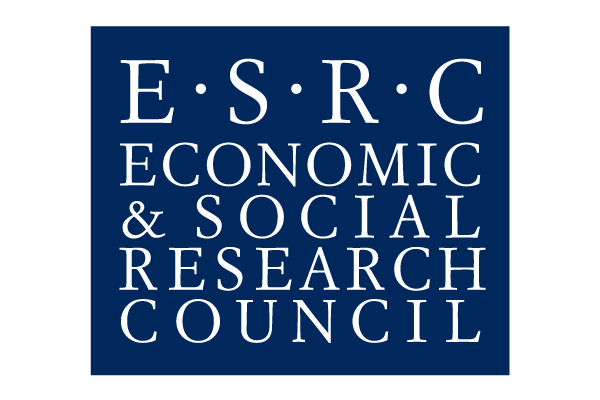
Addressing COVID-19 Challenges With Japanese Researchers
Opportunity co-funded by the UK Economic and Social Research Council (ESRC) and the Japan Society for the Promotion of Science (JSPS)
-
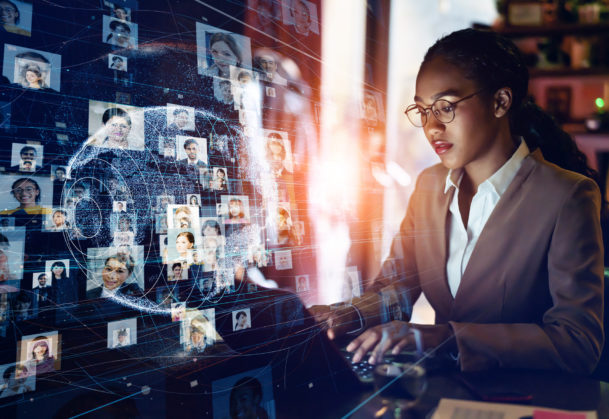
Adding Value and Solving Problems: Virtual Networking for Scientists
Techniques and strategies for making connections remotely, identifying pain points, and building collaborations with your future colleagues.
-
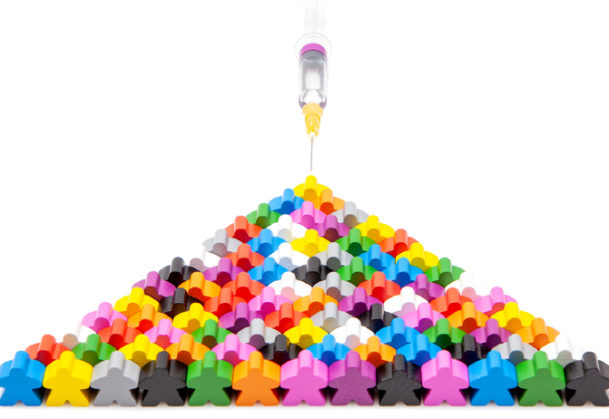
Individuals With Intellectual and Developmental Disabilities Were Excluded From COVID-19 Vaccine Priority Guidelines
It is critical that the entire I/DD population gains access to priority vaccines, writes developmental psychologist Emily Hotez.
-

Policy in Action: Navigating Behavioral and Well-Being Public Policy
Perspectives on Psychological Science paper charts course through ethics, politics of interventions.
-
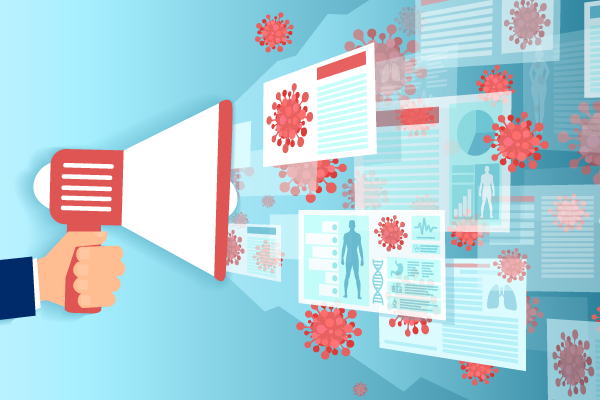
A ‘Nudge’ May Not Be Enough to Counter Fake News Online
Can people learn to better identify fake news about COVID-19—and if so, would they be less likely to share that fake story with others? Perhaps, but it may take more than simply priming them to think more critically beforehand.
-
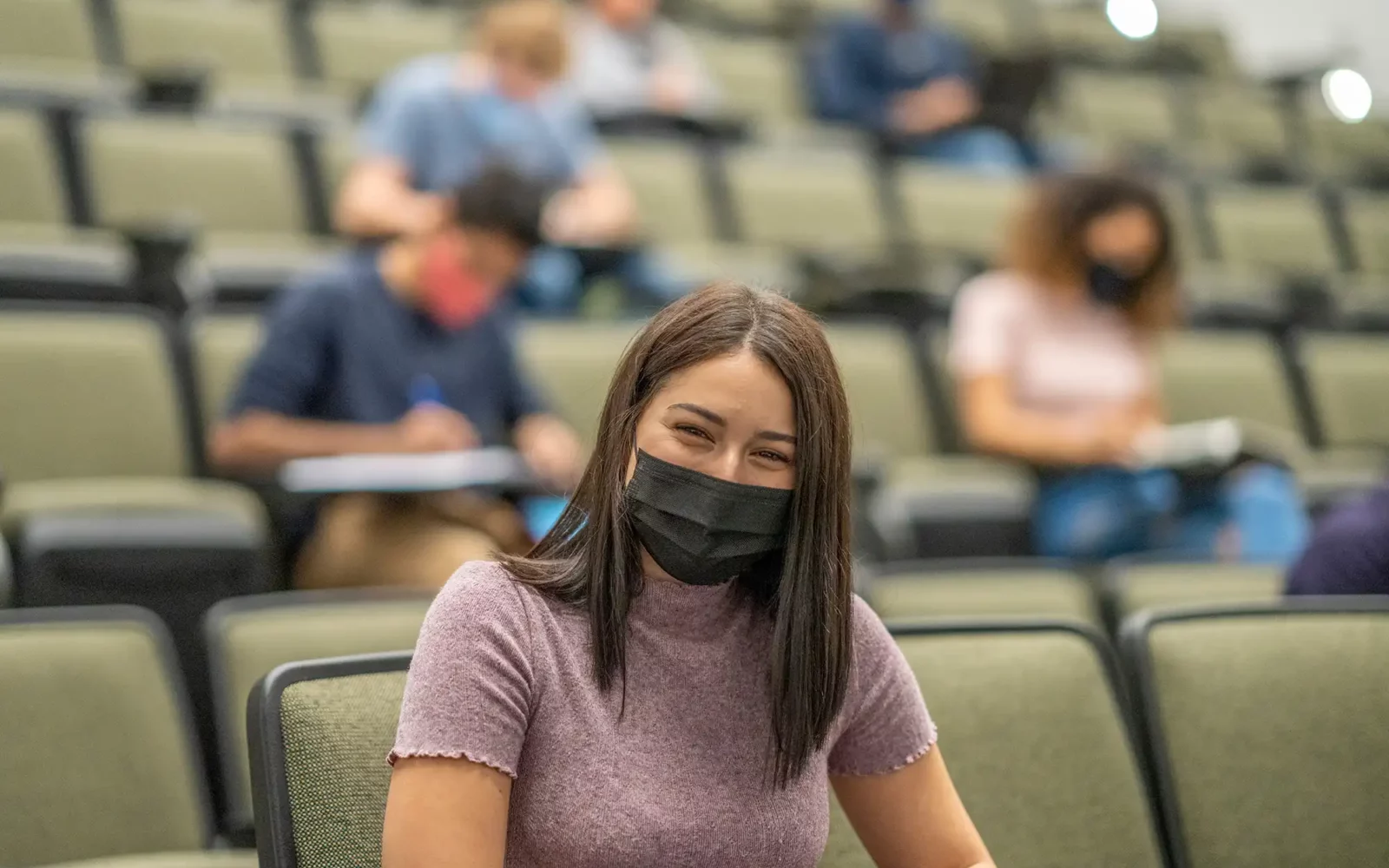
Applying Psychological Science to Educational Policy and Practice: COVID-19 and the College Admissions Process
In a July 21 webinar produced by the APS Global Collaboration on COVID-19, four speakers from multiple areas of research and practice discussed how the pandemic has magnified interest in research on test-optional policies for college admissions.
-
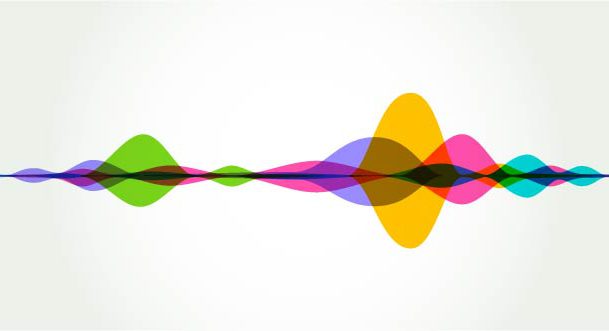
Psychological Science and Epidemics: Voices of Experts
The science of psychology can help inform public debate and understand public behavior related to COVID-19.
-

Science in Service: Providing Behavioral Advice During a Pandemic
Michael Bang Petersen offers three principles for advising public policymakers based on his experience serving the Danish government.
-
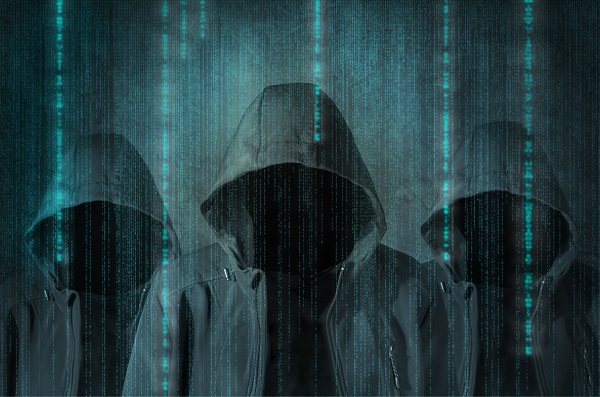
APS Backgrounder Series: Psychological Science and COVID-19: Conspiracy Theories
What does psychological science have to say about conspiracy theories, especially during the COVID-19 pandemic? [May 27, 2020]
-

APS Journal Research Related to Epidemics: Publicly Available Online
To aid in understanding the current pandemic, published research related to epidemics has been made publicly available.
-
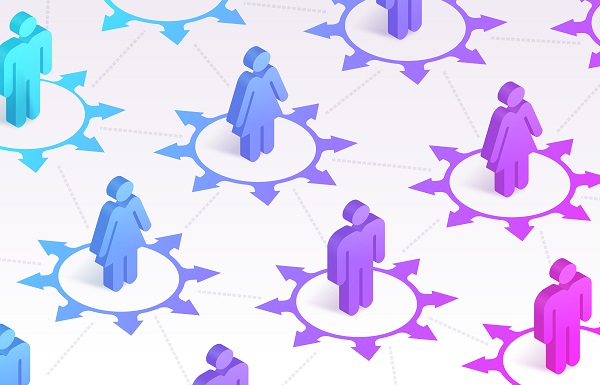
APS Backgrounder Series: Psychological Science and COVID-19: Social Impact on Adults
Expert commentary from Chris Segrin, whose research focuses on social skills, relationship development and satisfaction. [April 2, 2020]
-
Combating an Epidemic of Loneliness
Humans can survive three minutes without air, three days without water, three weeks without food and — according to survival lore — three months without companionship. Whether true or not, what’s clear is that people
-
NIDA Makes Behavioral Science a Priority for Public Health
I am pleased to have this opportunity to address the members of the American Psychological Society and to highlight some of the activities that the National Institute on Drug Abuse is supporting in the behavioral
